Blockchain is the technology behind the first and most famous digital currency, Bitcoin. Today, it is an innovative technology facilitating the market for different cryptocurrencies.
In the digital world, Blockchain is booming. The technology now finds its way to different users worldwide and is integrated into many trade and businesses.
People are incorporating Blockchain into their day-to-day life. There are different applications where developers add Blockchain to companies and finance enterprises. Overall, Blockchain swept the world, making it easier for many to handle money and trade goods wherever they live.
Below, we will discuss everything about this technology and how it works. You can also check out rapidinnovation.io to know more.
What is Blockchain?
Blockchain is digital data containing global transactions of a network. The digital data forms a ledger and stores data in a digitalized format. The data will be processed, duplicated, and distributed to different systems.
Blockchain technology has a very secure and unique algorithm that is hard to alter or hack. The decentralized system of technology does not involve control from the government.
Blockchain works as a distributed ledger technology. Blockchain records data called blocks. Each system transaction generates a timestamp that is impossible to erase or modify.
History of Blockchain
The history of Blockchain began in 1982 when cryptographer David Chaum proposed a protocol similar to blockchain technology.
Nine years later, Scott Stornetta and Stuart Haber further studied the protocol leading to a chain of blocks. The duo wanted to make a process where altering timestamps would be impossible.
In 2008, a pseudonym, Satoshi Nakamoto, introduced a blockchain technology-powered digital currency called Bitcoin.
How does blockchain technology work?
Blockchain is a peer-to-peer electronic cash system. It started with one transaction equivalent to a ‘block’ of data. Each block links to the former and latter transactions. Then, the chain of transactions gets blocked. This process makes it unworkable to breach.
Blockchains have three essential concepts, this includes:
Blocks
A block is where the data are encrypted and stored. It composes of long and random numbers. A single block has the following elements:
- magic number
- transaction
- blocksize
- block header
- transaction counter
Miners
A crypto miner creates a new block on the chain through mining. Mining is a computational work where miners earn new tokens or crypto without giving out a penny.
Nodes
Nodes are stakeholders of the Blockchain. They are responsible for ensuring the legality of every network transaction. The nodes have their own authorized devices to check ledgers and the communication channel of the blockchain network. The nodes store the history of every transaction and disseminate it to other nodes for synchronization.
Blockchain technology is responsible for the following cryptocurrencies:
- Bitcoin
- Ethereum
- Dogecoin
- Litecoin
- Binance coin
- Tether
- Ripple
- Solana
- Cardano
Many Blockchain apps have grown so much over the last few decades. Different entities are using these applications as means to secure their data. They also use it to make a more transparent way to track their money.
What are the advantages of Blockchain?
Here are the different benefits and advantages of using Blockchain technology:
Accuracy
Every transaction in the chain passes through a network, ensuring accurate information and data from each transaction. Blockchain uses an automated network that gives fewer errors in the record.
Anonymity
Cryptocurrencies with blockchain technology are verifiable. The system has user permissions when accessing data. The complexity of the technology makes every transaction anonymous.
Cost reduction
In a regular banking transaction, you pay for every document needed. Blockchain removes costs spend on intermediaries and other third-party verifications.
Decentralized
Blockchain is not under the government’s control. The control over the Blockchain is available to all users.
Efficient transaction
Unlike banks and other financial institutions, Blockchain is an open 24/7 market. You can do any digital transaction at your convenient time. The transaction will also reflect in the database in real-time.
Security
Every block on the chain owns a unique algorithm. Before adding a transaction to a single block, the verification of the blockchain network happens first. The complicated network is hard to bypass. Rest assured that the security of your transaction is not compromised.
Transparency
Most blockchains came from open-source software. Each transaction on the Blockchain is viewable to anyone, and you can track your transaction wherever it goes.
What are the disadvantages of Blockchain?
Here are some of the disadvantages of using Blockchain:
Volatile
The prices of cryptocurrencies fluctuate every time. The supply and demand affect the volatility of cryptocurrency prices. The regulations and sentiments of blockchain users also have a significant impact.
Risks to illegal activities
Blockchain transactions are kept confidential. The confidentiality nature of the system allows for a higher risk and possibility of illegal activities on the network. Here are some of the illicit activities, including:
- attacks
- account take-over
- money laundering
- hacking
- identity theft
- fraud
Technology cost
Blockchain is dependent on the use of technology. The system used to check the blockchain network’s transactions consumes a high price and cost of technology.
Regulation
The government cannot control the blockchain market. But it is possible to create future regulations. Like making it illegal to involve in the blockchain network. The government can also increase the tax on cashing out from the Blockchain.
The future of Blockchain
There are thousands of cryptocurrencies with a blockchain system. There are a lot of places where Blockchain is applicable. Here are some of them:
International payments
The blockchain system is an excellent process for a secured and accurate international payment. Blockchain makes payments and money transfers easy.
Trade finance
A blockchain network helps a business to grow. The system develops the trade and finance lending process by enabling banks and other financial institutions to expand their market.
Capital markets
Blockchain can offer fast access to a capital network through securities and digital assets.
Blockchain impacts the capital market through solutions that affect the following:
- transfer of instrument
- clearing and settlements
- digital identity
- collateral
- compliance and reporting
Insurance
Blockchain uses smart contracts where an insurance company can automate its rules and policies. Automating transactions will significantly reduce processing costs.
Money laundering protection
There is encryption in every blockchain transaction, and this protection makes it a great tool to combat money laundering acts.
Audit and regulatory compliance
Blockchain is like a ledger that you can use Blockchain in auditing and other accounting activities. Errors in the entry are rare because of the effective system.
Healthcare
Health data are confidential. Blockchain technology can protect patient information such as medical history, age, gender, and address.
Real estate
You can now buy real estate using cryptocurrency. Blockchain technology can expedite a real estate transaction. The technology is applicable as it eliminates the middleman and costs in the process.
Media
You can use the Blockchain in royalty payments for music and films. You can also use Blockchain to pay for tickets and streaming services. Some media companies use Blockchain to reduce costs, and they also use it for the protection of their contents and records.
Energy
Blockchain can give efficient control over energy resources. Blockchain can store and record data like market prices, costs, and fuel prices in the system. The system will make it easier to provide metering and billing energy services.

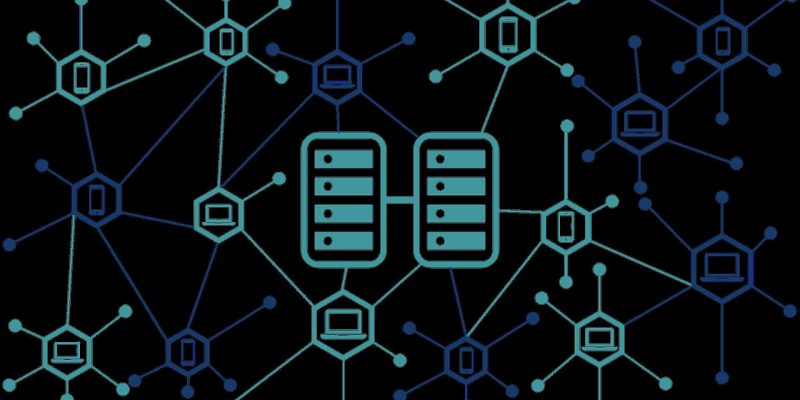

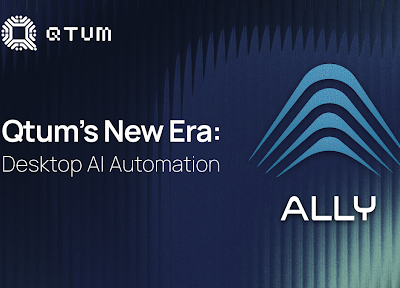

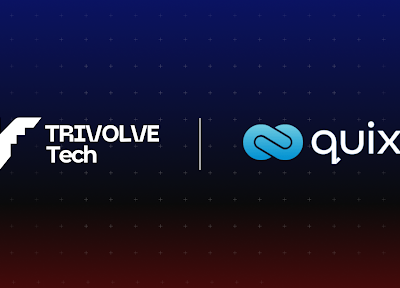

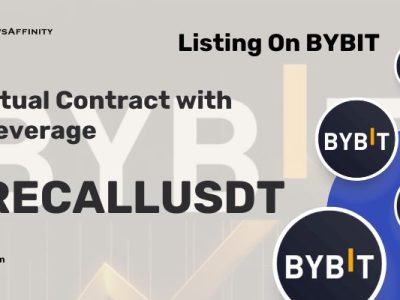



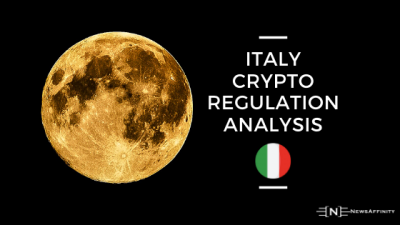





Comments